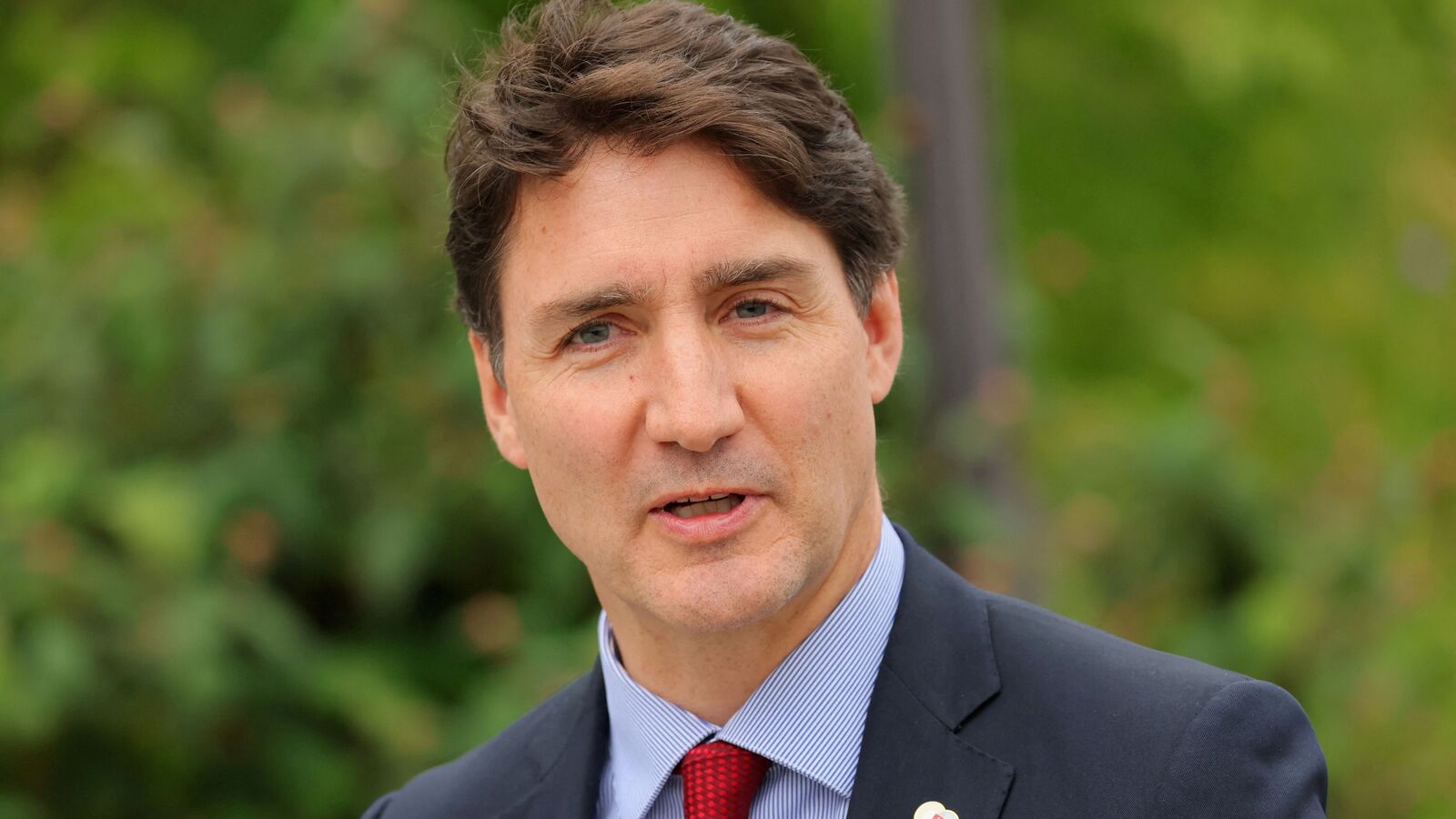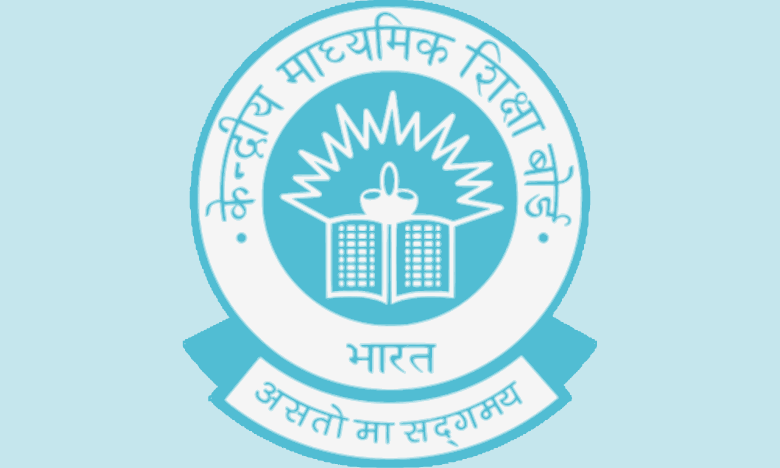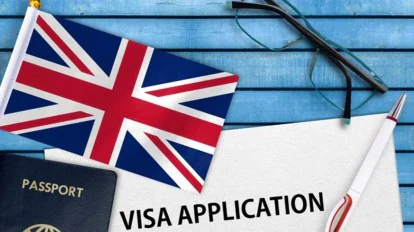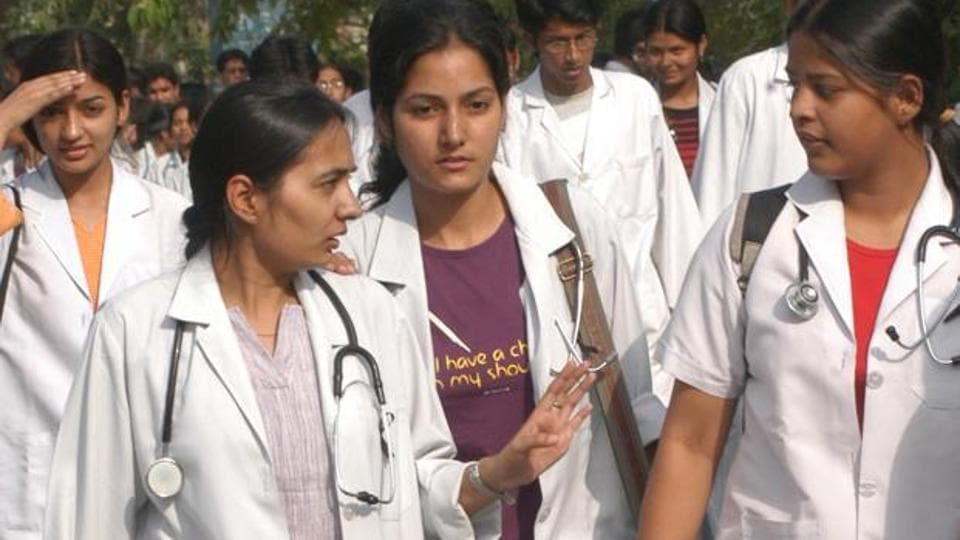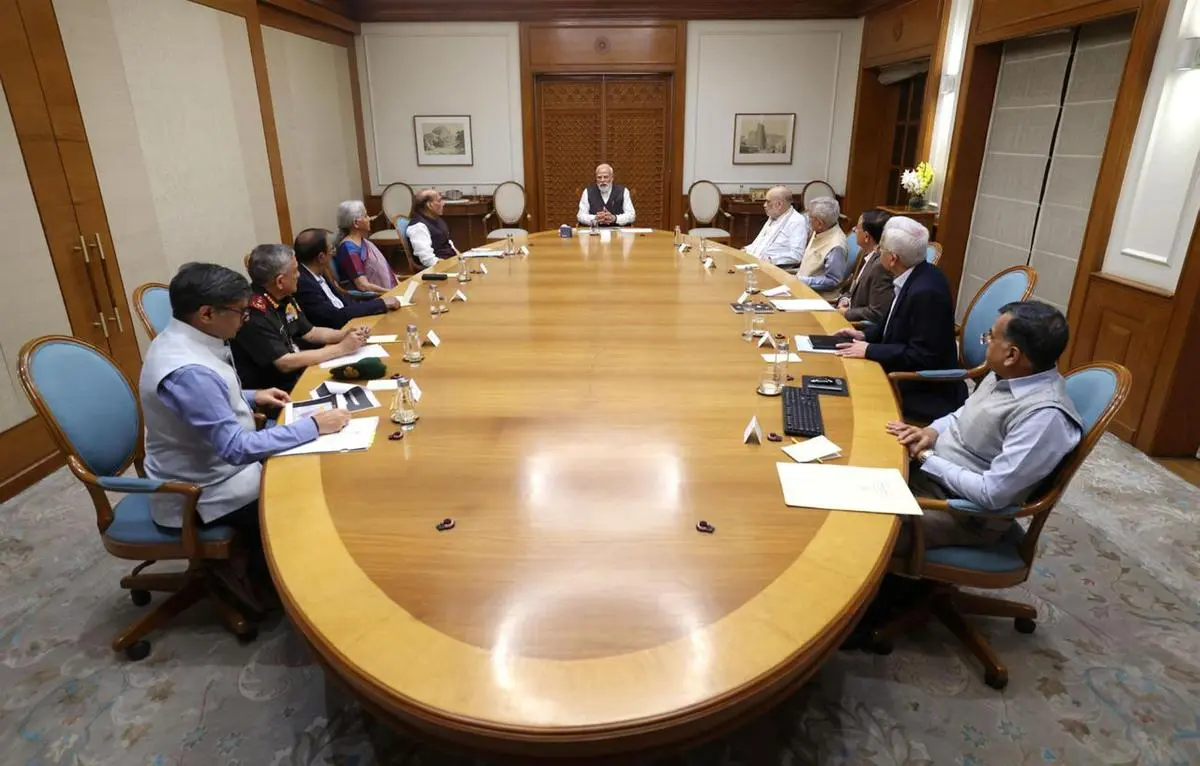As Canada continues to refine its immigration policies, the effects of these new rules will unfold in the coming years, potentially reshaping the landscape of international education and labor in the country
Immigration, Refugees and Citizenship Canada (IRCC) has announced new rules that will significantly impact the eligibility of international students for the Post-Graduation Work Permit (PGWP). Starting November 1, 2024, the revised guidelines will tighten the requirements for college graduates, introducing stricter regulations on eligible fields of study, reported economictimes.indiatimes.com.
These changes aim to address labor shortages in key sectors but are expected to affect a large number of international students, especially those enrolled in non-degree programs.
Key Changes and New Requirements
Students who applied for or held a study permit before November 1, 2024, will still be eligible for a PGWP under the current rules. However, those applying for a study permit after this date must meet new eligibility criteria, which include a “field of study” requirement for graduates from colleges.
University graduates will continue to qualify for PGWPs of up to three years without any restrictions on their field of study. However, college graduates will only be eligible if they have completed a program listed among the 966 “eligible fields of study.” The eligible programs fall into five categories:
- Agriculture and agri-food
- Healthcare
- Science, technology, engineering, and mathematics (STEM)
- Skilled trades
- Transportation
Impact on Popular Fields
Notably, fields traditionally popular with international students, such as tourism, hospitality, and business studies, are excluded from the list. This exclusion is expected to affect a significant number of international students who seek post-graduation work opportunities in Canada. These changes have raised concerns among educational institutions, especially those that depend on international students in now ineligible fields.
Karen Dancy, Director of Recruitment and International at Olds College, expressed concerns over the exclusion of hospitality programs. She commented on LinkedIn, stating, “This will be catastrophic for local communities, including rural and remote areas, that rely on our college-educated international learners.”
Critics argue that the exclusion of popular fields such as business and hospitality could reduce Canada’s appeal as a destination for international education, particularly for those seeking broader career options
Marketa Evans, President and CEO of Colleges Ontario, also voiced her concerns in an open letter to IRCC Minister Marc Miller. She emphasized the lack of consultation with provinces and urged the government to collaborate with regional authorities to ensure local labor market needs are adequately addressed.
Language Requirements for PGWP
In addition to the changes in eligible fields, IRCC has introduced language requirements for PGWP applicants. University graduates must meet a minimum language proficiency of Canadian Language Benchmarks (CLB) 7 in English or its French equivalent, Niveaux de compétence linguistique canadien (NCLC) 7. College graduates will have a slightly lower requirement, needing a CLB 5 or NCLC 5 in all four areas—reading, writing, listening, and speaking.
The Broader Impact
The new rules are expected to significantly reduce the number of international students qualifying for PGWPs. In the first half of 2024, over 105,000 PGWPs were issued, with 64% granted to college graduates. Business studies alone accounted for 42% of these permits, while STEM fields made up 37%. Under the revised guidelines, a large number of graduates in business and other ineligible fields will no longer qualify for a PGWP.
These changes mark a major shift in Canada’s approach to post-graduation work opportunities for international students. While the new policy is aimed at addressing labor shortages in key industries, its potential consequences for students and educational institutions are far-reaching.
***********************************************************
Readers
These are extraordinary times. All of us have to rely on high-impact, trustworthy journalism. And this is especially true of the Indian Diaspora. Members of the Indian community overseas cannot be fed with inaccurate news.
Pravasi Samwad is a venture that has no shareholders. It is the result of an impassioned initiative of a handful of Indian journalists spread around the world. We have taken a small step forward with the pledge to provide news with accuracy, free from political and commercial influence. Our aim is to keep you, our readers, informed about developments at ‘home’ and across the world that affect you.
Please help us to keep our journalism independent and free.
In these difficult times, running a news website requires finances. While every contribution, big or small, will make a difference, we request our readers to put us in touch with advertisers worldwide. It will be a great help.
For more information: pravasisamwad00@gmail.com

